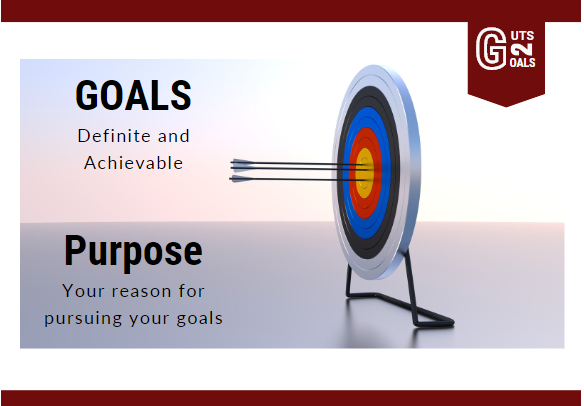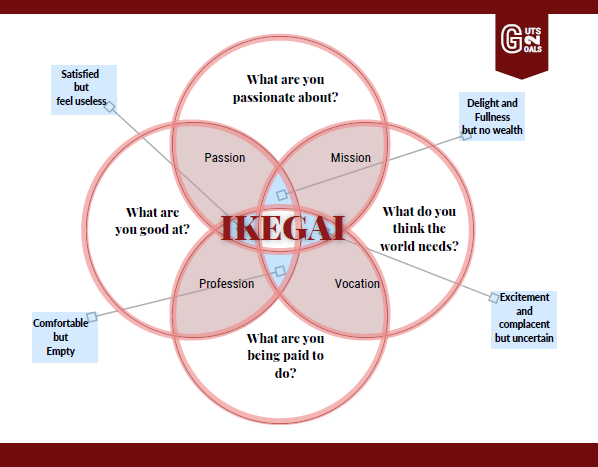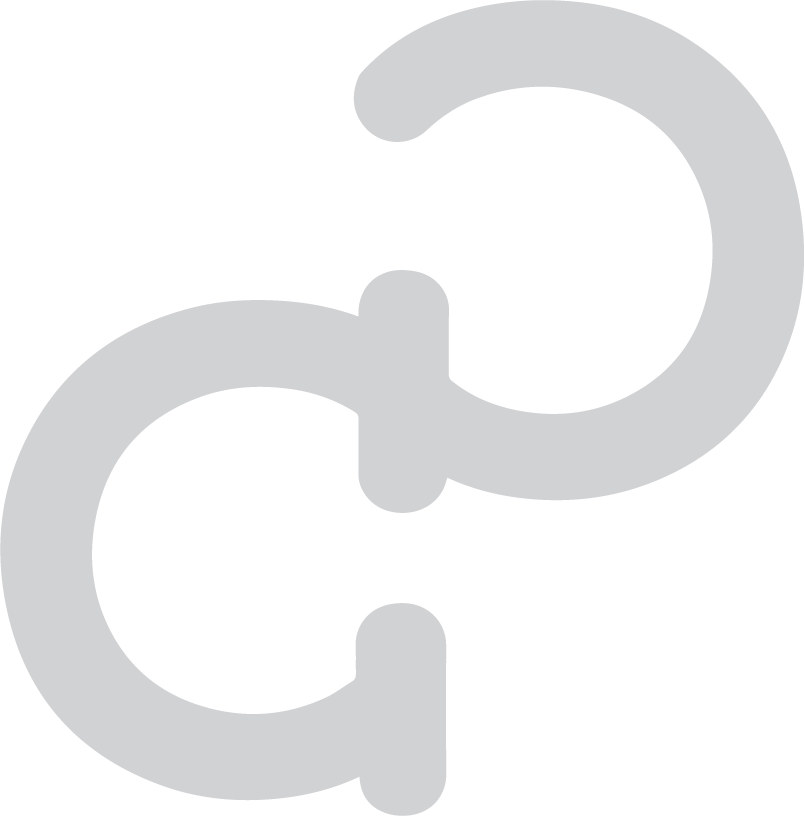I realized that only a few people had their “life’s purpose” figured out. You can try Google to find the answer. After all, the Internet is home to a plethora of information. Yet, most searchers ended up getting more confused. Similarly, some people try to emulate/copy others and fail. Not because they did not work hard enough, but because we are all shaped by different experiences, possibilities, and decisions. As soon as we wake up, we find ourselves on a battlefield of choices. In fact, without a purpose, we live mindlessly throughout our day.
What is a purpose?
A purpose is defined by most dictionaries as “the reason” for which something exists. However, having a reason is not the same as having a purpose. A reason can be any need or justification. In context, a purpose is what drives you to reach your goal. Accordingly, it is the intention or the “meaning” behind your actions, decisions, and choices.

Everything alive has a natural purpose to survive. Undeniably, all plants, animals, and even microorganisms are striving to stay alive. Hence, we have the Darwinian idea of “survival of the fittest”. However, biologically speaking, we were all dying from the moment we were born. This philosophical maxim was popularized by Heidegger describing the man as “beings-toward-death”.
Man dies constantly until the moment of his demise.
― attributed to Martin Heidegger

In between birth and death is life. As humans, we have the ability to imagine, create, and make changes in the quality of life that we pursue. Evidently, our unique skills, talents, and intelligence are always at our disposal to change our circumstances, thoughts, and emotions. Being alive is a reason. Surviving is a purpose. Living a good life is a goal. Happiness is an outcome.
Why do you need to have a purpose in life?
Goals evolve and reasons change throughout a lifetime. Survival is the purpose of life. However, it is not “your” purpose in life.
Sometimes we are pursuing things as if we already have a purpose. Until one day we find ourselves with a collection of experiences and achievements but remain hollow inside. We are easily swayed to different directions, especially when we do not have a clear idea of where we want to go.
As we mature, we reevaluate our actions, decisions, and goals. We think that we will figure things out eventually. So, we keep pushing forward. Until one day, we exhausted all of our resources (time, money, and energy), only to end up where we started.
Having a goal without a purpose is like having a house without a home. It does not make sense! Even with a definite direction, a step-by-step plan, and a burning desire to reach a goal, there will be no fun nor satisfaction -just an accomplishment. Certainly, without real purpose or a defining reason, your life goals will have no meaning.
How to figure out your life’s purpose?
Honestly, I do not have the answer. There are various life coaches, philosophers, and writers that offer their advice on the matter. Depending on the time period, culture, and discipline — the steps they provide vary. Here, I summarized the three steps that I found most useful. Firstly, you need to answer some questions that will reveal your desires and passions.
Step 1: Follow your desires
1. What are the things that you hate to do?
2. What are the things that you would do for free?
3. If you have all the resources in the world, what would you do?
Hopefully, by honestly answering these reflective questions you can understand yourself better. After this exercise, some people may already figure out their life’s “why”. Others may become more puzzled -like me.
Step 2: Find your Ikegai
In my search for a more definite answer, I ran into the Japanese concept of Ikegai. This Japanese term means “reason for being”. It is a combination of the word ‘iki’ or life and ‘gai’ or value. It is your motivation to live. To find your ikegai, you need to answer the following questions. The Japanese books on Ikegai come with a Venn diagram to help us find our life’s purpose.
First, you need to think about the things you are passionate about.
Secondly, look around you. What are the activities that you do that can influence your larger community or the world?
Thirdly, explore the things that you are being paid for.
Lastly, enumerate the things you are good at.
Bonus: Creating a Venn diagram (like the one below) may also reveal your passion, mission, profession, and vocation.

Failing to answer the questions in Ikegai tells us that we need to know ourselves better before we can come up with a “reason for being.” If answering the Ikegai questions does not lead you to your life’s purpose, there might be some dissatisfaction/s in your life. An Ikegai is when all the four areas are aligned/connected. It is like having pieces from different puzzles; they may fit together, but you will not uncover the correct picture. You might become worn out trying to pursue different directions at the same time.
For example, a person is passionate about music, plays the violin very well, and volunteers to play for a children’s home on weekends. However, he works as a sales agent for an insurance company (only three circles aligned). If he is working for something that he is not good at, he is unlikely to be good at it. Since he is not getting paid for playing the violin, he will not have enough income.
The scenario is worse for a person with entirely unrelated circles. For instance, a law student who is good at cooking decided to learn different programming languages because he wants to create a mobile application to track COVID19. Do you think he will succeed?
How about you? Are you pursuing different unrelated opportunities? Do not worry. The third step will help you decide what to focus on and what to let go of.
Step 3: Review your life
Suppose you are still on the journey to knowing yourself. Reviewing your life can help you narrow down your life’s purpose. Here you need to identify things in your life instead of questioning yourself. Perhaps looking at yourself from the outside or with the wisdom of hindsight can give you a better grasp of your purpose in life.
- Opportunities
or what are the things that you can pursue based on your previous experiences? - Inclinations
or what are the things that you keep on doing, seeing, or experiencing in life? - Expenses
or what consumes your time and money?
The answers to these questions will provide you with a quick inventory of your life. In fact, you might discover that you are doing things for the wrong reasons or that your reason is ruining your future. It may surprise you, or maybe you have known it all along.
Note that humans are constantly growing, so the opportunities, inclinations, and expenses you had last month can become very different next month. Thus, if your answers do not seem to make sense, you may need to be more conscious or mindful of your choices. Try as many things as possible Consider joining volunteer groups or learning new skills in your free time. Also, you can expand your horizons and allocate your time and money towards more productive things. Gradually, you will stumble upon opportunities.
Takeaway
I was a philosophy student.
For a long time, I have settled on Aristotle’s classic notion that “happiness is the purpose of life”. However, studying entrepreneurship, writing a blog, and learning about marketing served as an eye-opener. I thought it was just a play of words but happiness is not a purpose, after all. I knew I had to write this article after watching a vlog by Filipino influencer-entrepreneur Arvin Orubia on not giving up on your dreams.
Besides, I have been reading and following several blogs, vlogs, and podcasts on entrepreneurship, personal finance, and success. At some point, almost everyone mentioned the importance of finding life’s reason, “why”, or purpose. Presently, I am redefining and re-evaluating my personal life’s purpose. I am reviewing my goals and the reasons behind them so that I can align them with the purpose of this blog.
Let us know in the comments if you have other tips or methods of defining your life’s purpose.
Thank you for reading!






